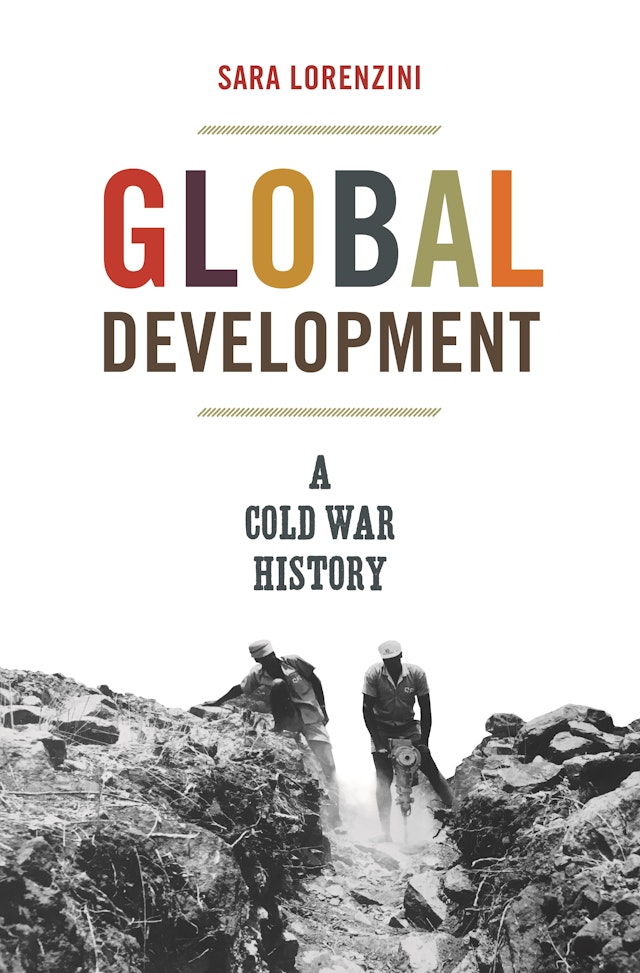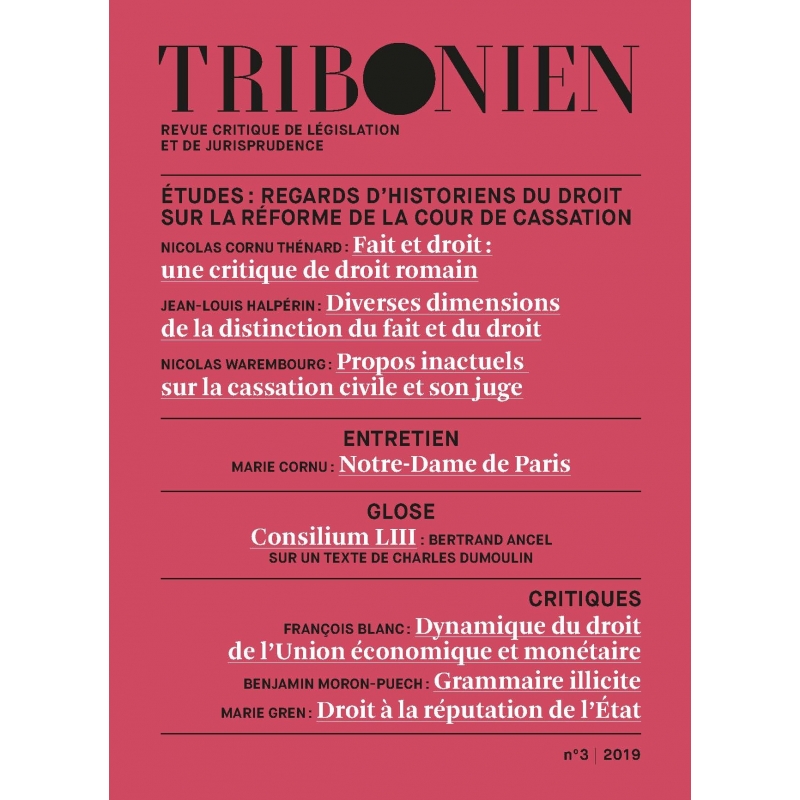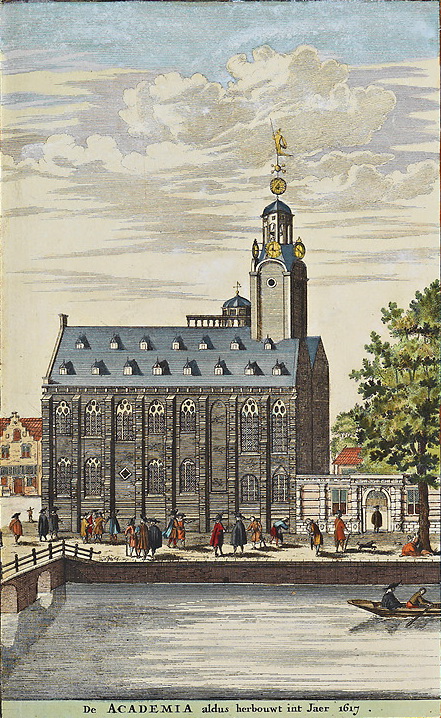(Source: ASCL)
Via the Law & HumanitiesBlog, we learned of a call for papers/panels for the American Society of
Comparative Law’s online annual meeting with the theme “Comparative Legal
History”. Here the call:
The American Society of
Comparative Law, the leading organization in the United States promoting
the comparative study of law, invites all interested scholars,
practitioners and advanced degree students to consider submitting a panel or a
paper proposal for the upcoming Annual Meeting of the American Society of
Comparative Law entitled Comparative Legal History that will
be held online between Thursday, October 15, and Friday, October 16,
2020. This meeting, which was to be held at Boston University on Oct.
15-Oct. 17, will now take place online on the Zoom meeting platform on Oct.
15-Oct. 16. This decision was made in consideration of various difficulties
caused by the current Covid-19 pandemic.
Comparative historical analysis
is part of a long-standing tradition, prominent in political science,
economics, and anthropology. Indeed, among the most influential social
scientists of all time one finds a large number of scholars who have used the
comparative-historical method. Legal scholars have also relied extensively on
comparative historical analysis, producing a body of research that is
impressive in depth and scope. However, there has been little dialogue between
comparative law experts and historians. More generally, a systematic discussion
of the methods and goals of comparative legal history is virtually absent. This
omission is unfortunate because comparative historical analysis provides tools
that are critical to the understanding of legal institutions and legal change.
The comparison of legal ideas and institutions across time and space promises
three distinctive benefits. First, comparative legal history has
explanatory value, illuminating causal connections. Further, comparative legal
history helps de-naturalize existing legal institutions. Finally, comparative
legal history fosters legal innovation, delivering instructive and sometimes
applicable lessons about the analytics of law or its implementation.
The Annual Meeting of the ASCL
will have time slots for concurrent panels on Thursday, October 15, and/or
Friday, October 16, 2020. Proposals will be considered on a variety of
subjects on comparative legal history. The concurrent panels may also
be on any comparative law topic even if different from the main topic of the
2020 Annual Meeting on comparative legal history and, as a way to
foster multilingualism at the ASCL, may also be held in languages other than
English.
The Annual Meeting Program Committee
of the American Society of Comparative Law will select the panels that will be
held at the meeting in consultation with Boston University School of Law. Panel
proposals should include up to four speakers, a panel title, and a
one-to-two-paragraph description of the ideas that the panel will explore. Due
to the change to an online venue, we have changed the deadline for
submissions. Panel and paper proposals should be submitted via e-mail
to Thomas Price at ASCLannualmeeting@law.ucla.edu
on or before July 15, 2020. Decisions regarding accepted panels will be
made by the middle of August 2020.
Any questions about the paper or
panel proposals should be addressed to Thomas Price at ASCLannualmeeting@law.ucla.edu.
More info here














